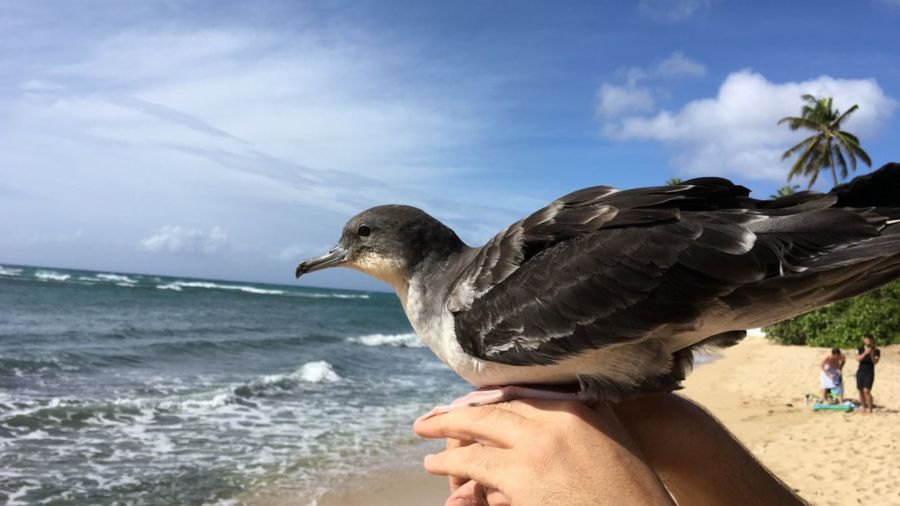HONOLULU (KHON2) — As seabird fallout season approaches from mid-September to December, the Hawaii Wildlife Center (HWC) is stepping up its efforts to care for affected birds.
The HWC is extending the hours of its Oahu satellite clinic to handle the increased demand.
Feather and Fur Animal Hospital will continue to accept downed seabirds around the clock, seven days a week.
HWC staff will work alongside them to provide necessary rehabilitation.
During this time, young seabirds often become disoriented by artificial lights and fall to the ground, where they are vulnerable to predators and vehicle strikes.
Quick rescue is crucial for their survival.
The Oahu clinic will offer initial care to these birds before they are either released or, if seriously injured, sent to the HWC’s Big Island Hospital for more intensive treatment.
“Our goal is to ensure that downed seabirds get immediate care and attention,” said Linda Elliott, president and director of the Hawaii Wildlife Center. “The expanded hours at our Oahu clinic, combined with our partnership with Feather and Fur Animal Hospital, will help us better support our native seabirds during this critical period.”
If you find a downed seabird or another native bird or bat, the best way to ensure it receives prompt care is to transport it to an approved drop-off site.
For locations and hours, check the Department of Land and Natural Resources (DLNR) website.
If you’re unsure whether the bird needs help or if it’s a seabird, contact the HWC at 808-884-5000 or email a photo to birdhelp@hawaiiwildlifecenter.org.
If you cannot transport the bird yourself, alternative transportation can be arranged through the HWC’s Wheels for Wildlife volunteer program.
